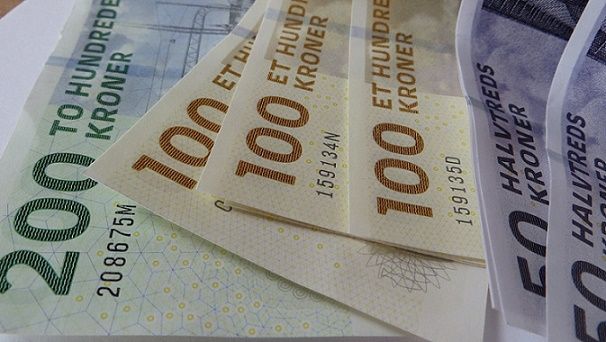A report by the international Financial Action Task Force (FATF) has emphasised that Denmark ought to be doing a lot more to combat financial criminality.
According to the report, the Danish authorities estimate that every year, money laundering for around 21 billion kroner takes place in Denmark.
On the plus side, it was found that “Denmark has the foundations for a sound regime to tackle money laundering and terrorist financing.”
However, the report also concluded “that in almost all segments of the financial sector and many of the other businesses and professions covered by FATF standards, money laundering and terrorist financing risks are not sufficiently assessed or updated, and there is a weak implementation of measures to mitigate the risks.”
READ ALSO: New anti-money laundering measures in the pipeline
More up-to-date legislation required
The Danish government was recommended to enact legislation that criminalises self laundering and a “fully comprehensive set of legal requirements in line with the standards.”
It was also suggested that fundamental improvements are needed to implement an effective risk-based approach to anti-money laundering/combating the finance of terrorism, supervision of financial institutions and most designated non-financial businesses and professions, with stronger powers to enforce compliance and increased supervisory action.
Not all bad news
However, Denmark was found to have achieved a “substantial level of effectiveness in the investigation and prosecution of terrorist financing and international co-operation with foreign counterparts, in particular the Nordic and Baltic countries.”
Denmark was advised to similarly prioritise the investigation and prosecution of money laundering.















